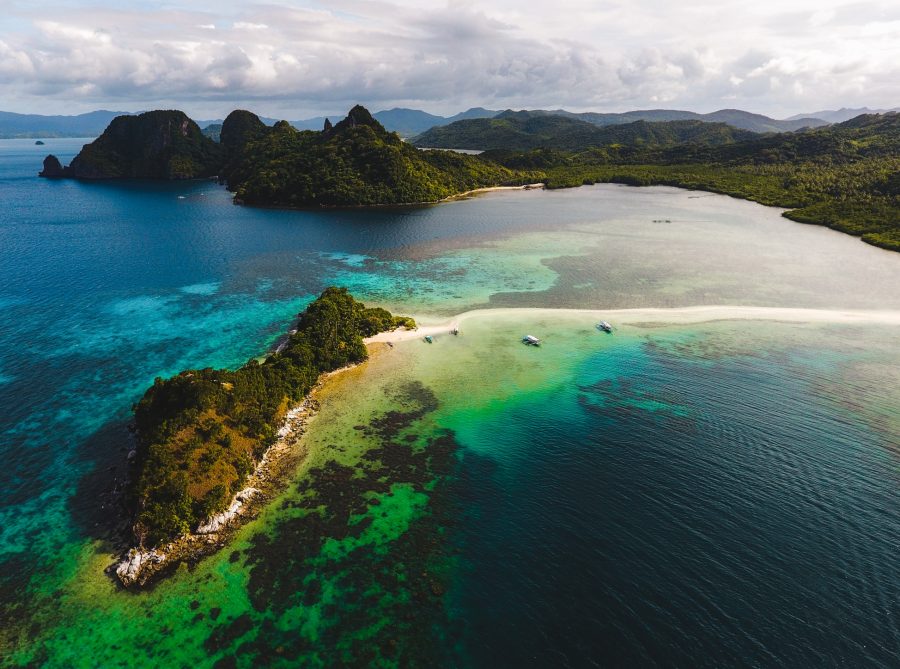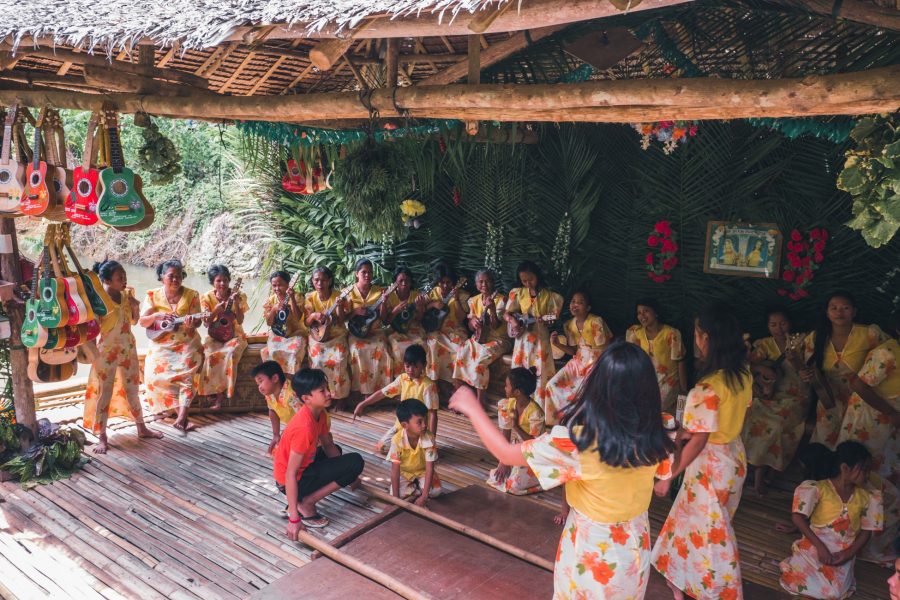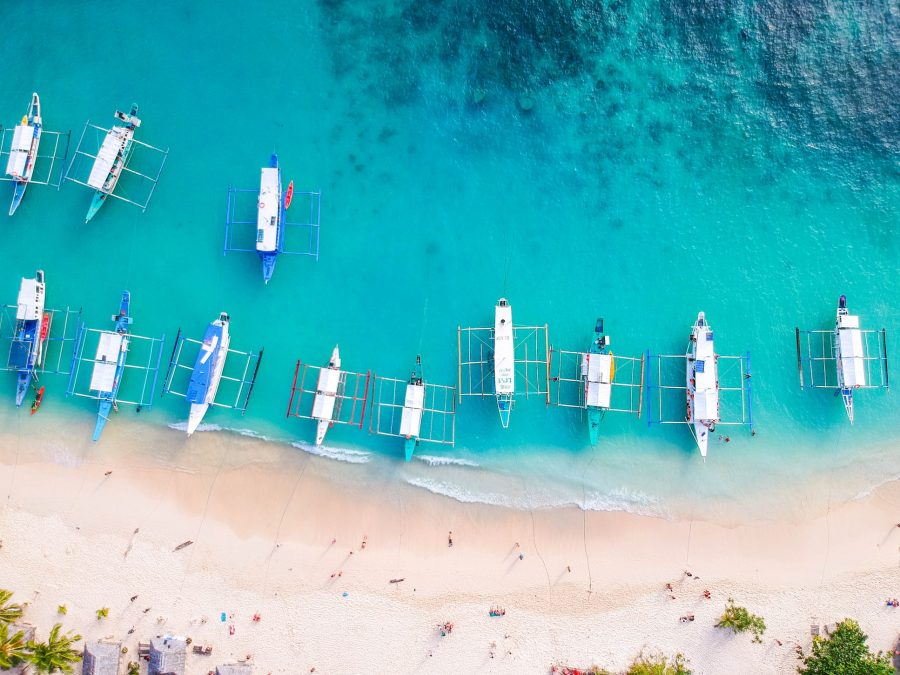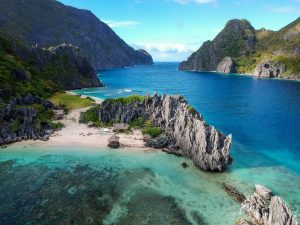It’s never all fairytale stories of happy endings in the Philippines according to some headlines. But what do the foreigners living abroad, who have never visited the country yet, think about it? Do this tropical country have more expats moving to the Philippines?
Foreigners say otherwise from the headlines. So, why is this island country in the western Pacific one of the most popular expat destinations in Southeast Asia still?
To an expat, there are many things to love and hate in a new country. For them, it’s never all fun and games all the time. Read along to find why more expat communities are growing in the Philippines.
The Numbers Don’t Lie!
According to Business Inquirer, “the world’s most significant and longest running study of expat life” by the British banking giant, the HSBC’s Expat Explorer Survey discovered that the need “for a better quality of life was the second most reason people move abroad”. According to the survey the Philippines goes on to be an attractive spot for expats.
Majority of the expatriates find themselves more contented and happier. Also, the Philippine expats’ children are enjoying a better quality of life after moving to the Philippines.
The research from HSBC published that 52 percent of expatriates worldwide claimed that relocating had made their quality of life better. Here are more results of the survey for the expats living in the Philippines:
- They were happier since moving to Philippines (54 percent)
- Believed that their children’s quality of life improved (56 percent)
- Childcare quality is better than their home country (58 percent)
- Enjoying and immersing themselves in the local culture (54 percent)
- Integrating well with the local people and their way of life (73 percent)
- The Philippines is more welcoming than their home country regardless of the expat’s background (61 percent)
- Moving to the Philippines made them closer to their partner (55 percent)
- 48 percent respondents living in the Philippines also explained that they now have a more positive outlook on life after their relocation.
- There was also 41 percent of them said that their work-life balance was exceptional compared to their home country.
Expats Moving To Philippines To Retire
Many expats are moving to the Philippines to retire for the apparent reasons of low cost of living and lifestyle. More on, the country has a tropical climate, a rising economy, and growing influences in Asia and worldwide, all of which make it remarkably desirable to foreigners all around the world.
Asia is the preferred destinations for many expats from Europe and other countries. One of the main reasons is the cheaper lifestyle. Apart from Singapore and Hongkong, Philippines has a more affordable lifestyle but not even less appealing.

Photo by Rhys McKay on Unsplash
Things To Consider Before Moving To The Philippines 2018
Holidays And Explorations
It’s wise to be knowledgeable about the country you’re about to move in. Before relocating, one of the recommendations is that you have somehow a physical experience of the country and background knowledge. Not doing so may turn out to be a disaster and can also make you more miserable.
It’s wise to know more about the Philippine culture, lifestyle, the cost of living, and most of all the people. You may need to re-visit the country on 5-6 holidays. Two of these holidays can be full 30 days allowed on your entry visa.
There are over 7000 islands in the Philippines, but not all of them are livable. Not many of them would become an option for you to relocate. What mostly cover with the Philippine expat’s list would be the main islands where there are more essential cities like Luzon (Manila – and add Mindoro and Palawan), Panay (Iloilo), Cebu (Cebu City), Mindanao (Davao), and Samar (Tacloban).
People, Language And Customs
It’s a rare situation where you will be in an area where nobody speaks English. But each of the islands speaks different dialects. The primary dialect in Luzon is Filipino or Tagalog, Cebuano in the Visayas, Visayan in Mindanao.

Photo by Austin Nicomedez on Unsplash
But be aware that they also have several dialects from different regions or provinces all over the country. The various dialects will not be a problem because almost everyone in the Philippines can speak and understand English but at different levels of expertise.
Moreover, each island has different festivals and customs they celebrate. Rice is the primary staple food, but pork and chicken are mostly the favorite daily viands. The menu in different islands varies slightly from place to place.
Men’s Lifestyle
Aust Expat Investor stated that most of the expat residents in the Philippines are men. There are a couple of expat couples living and relocating together in the country, but most are middle-aged to senior men who usually are in a relationship or married to a Filipina.
City Or Beach?
One consideration you should think about is if you want to live near from water or in the city. No matter where you live in this country, you will never be far away with a body of water. Even when you choose to live in the mountains, you could find waterfalls or rivers nearby.

Photo by Cris Tagupa on Unsplash
The color of the beach sand might also be one of the next things to think about if you want to live near the sea. You could find in the Philippines white to very white, brown, yellow, and black sand beaches.
If beach house is what you prefer, it’s easy to locate a vacant lot a few meters away from the water. But you have to be married to a Filipina to buy the land.

Photo by JC Gellidon on Unsplash
When you miss most of the things from your country, you can also opt to live in the cities. The provincial towns will sometimes frustrate expats. These cities may not be able to provide you with your western lifestyle. But the bigger cities are full of expat communities in the Philippines. Cities like Manila, Cagayan de Oro, Cebu, Davao, and Iloilo, can let you buy your simple pleasures like wine, cheese, and sausages.
Rent Or Buy?
There are reasonable rates for renting an apartment/condo/house all over the country. But there’s a difference in costs on the features and locations as well. You can find surprisingly cheap rent costs outside the bigger cities.
Buying a property is never allowed for expats unless you are married to one of the locals. If not, you can never own a house or a block of land. Depending on the location and size you plan to purchase, a condo in one of the big cities will range from $70K to $150K.
Traffic
Expats should have a thorough re-condition of their brains when they drive anywhere in the country. Sometimes, the driving habits can let you lose your anger. Also, a new car here is as expensive as your home country.

Photo by Wander Fleur on Unsplash
Filipino As Friends
Many expats in the Philippines learn the local language. Being fluent in their dialect will minimize the feeling that you’re an outsider.
Filipinos are hospitable and friendly. But even when they speak English well, all other communications are in their local dialect. You will never know what’s going on around you unless you learn the local dialect.

Photo by Toa Heftiba on Unsplash
Expats
You’ll find some (not all) foreigners secured inside their mansions to keep other people away. The image is also typical of the wealthy local people. Theft can happen anytime, so some expats want to protect themselves.
But you will always find expat communities regardless where your home country is. You will see other foreigners who have a lot in common with you living in a strange land.
Foreign Decorum
It’s important always to remember we are living in another country. They may have different, customs, culture, religions, and laws but we need to acknowledge and respect them.
What To Do?
The best part for expats moving to the Philippines is there are a lot of things you can do here without spending all of your saved money for retirement. The cravings for a sumptuous steak and excellent wine are sometimes forgotten with the locals’ friendliness and unbelievably fantastic sites to visit.
Remember, if you can’t find a suitable place to live in, you can always go back home. But not falling in love with this tropical country is far from being possible.
Sources:
http://business.inquirer.net/238131/ph-still-attractive-place-expats
http://www.austexpatinvestor.com/is-moving-to-the-philippines-for-you/




